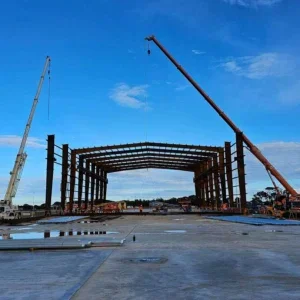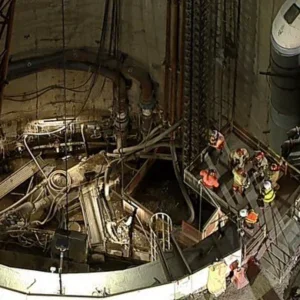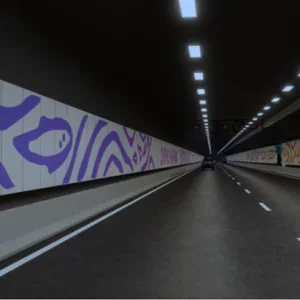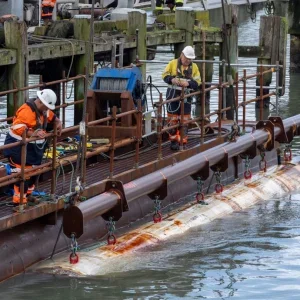Irish Transport Minister Seamus Brennan has provoked a storm of protest over plans to sell the Dublin Port Tunnel, currently under construction.
The US$800M, 4.8km long twin tube tunnel, the Irish capital’s largest single infrastructure project, is due to open in early 2005. It is intended to ease Dublin’s worsening traffic gridlock by carrying heavy traffic from the city’s port. Under the Brennan plan, it would be sold for over US$1.2bn on a 30-40 year lease, with the money used to fund the state’s motorway programme, now stalled by a shortage of cash.
To recoup the cost, however, the buyer would have to impose tolls – and that has provoked an angry protest from the Irish Road Haulage Association. “The whole idea was to get trucks off the streets of Dublin and have them use the tunnel,” said spokesman Jimmy Quinn. “Now, with tolls, they are to be penalised for using it.”
The main opposition party, Fine Gael, dismissed the privatisation proposal as unworkable and “probably in breach of EU regulations”. Its spokesman, Denis Naughten, claimed the regulations guaranteed drivers a choice of tolled or ‘free’ routes for their journeys. “But truckers who wish to avoid tunnel tolls will have to drive through the city centre streets – and the minister and Dublin City Council are already committed to banning them from doing so,” he said.
This is the second controversy over the tunnel to involve the minister. Earlier he had confirmed that its controversial height clearance, at 4.65m, will not be raised, despite intensive lobbying by Dublin port users. Instead, he announced that so-called ‘supercubes’, or ‘supertrucks’, that are too tall for the tunnel, will be banned from the city from 2005, when it opens.
Irish hauliers claim that up to 400 trucks will be affected by the restriction, many of them from the UK, and that the effect will be to add to inflation and increase pollution and congestion. But Minister Brennan insists that less than 1% of trucks will be excluded and maintains that 13 other EU states have tunnel clearance heights lower than Dublin.







